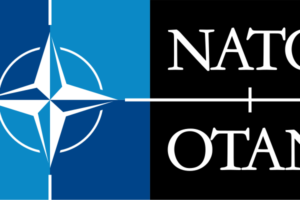NATO and European Union launch task force on resilience of critical infrastructure

Senior officials from NATO and the European Union met to launch a new NATO-EU Task Force on Resilience of Critical Infrastructure. Cooperation to strengthen critical infrastructure has become even more important in light of the sabotage against the Nord Stream pipelines, and Russia’s weaponisation of energy as part of its war of aggression against Ukraine.
First announced by NATO Secretary General Jens Stoltenberg and European Commission President Ursula von der Leyen in January, the initiative brings together officials from both organisations to share best practices, share situational awareness, and develop principles to improve resilience. The Task Force will begin by focusing on four sectors: energy, transport, digital infrastructure, and space.
Announcing the initiative in January, Mr Stoltenberg said: "We want to look together at how to make our critical infrastructure, technology and supply chains more resilient to potential threats, and to take action to mitigate potential vulnerabilities. This will be an important step in making our societies stronger and safer."
NATO-EU cooperation has reached unprecedented levels in recent years, and particularly since the start of Russia’s war of aggression against Ukraine. In January, NATO and EU leaders signed a new joint declaration to take partnership between the organisations to a new level, including on emerging and disruptive technologies, space, and the security impact of climate change.

